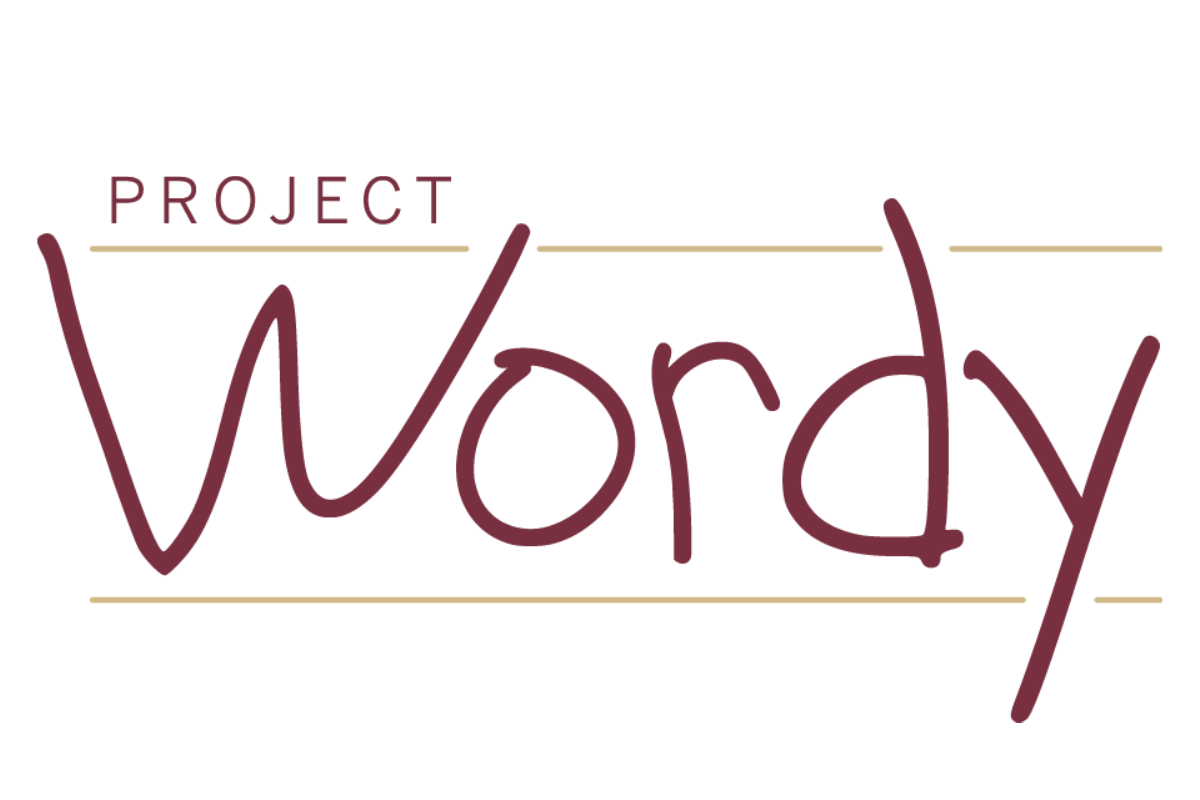Project Wordy

In English spelling, the relationship between input (i.e., orthography) and output (i.e., phonology) is systematic, but has many inconsistencies. Due to this quasi-regularity, English contains many “complex words,” a large class of English words in which the relationships between orthography, phonology, morphology, and semantics are relatively opaque. Students have difficulty with complex words because they cannot directly arrive at the correct pronunciation of a word by applying typical sounding out strategies. Complex words are important because they account for a large portion of the content-specific information needed to comprehend expository text. Without the skills required to read complex words, students often skip or guess at these words which can negatively impact their academic knowledge. Research and theory suggest that instruction that builds students’ morphological knowledge and set-for-variability (the ability to problem solve when faced when words with inconsistent grapheme/phoneme relationships) may be associated with better complex word reading outcomes.
These “complex words” are at the heart of Project Wordy. The current project aims to explore the effect of different approaches for teaching complex words on the reading outcomes of students with and without dyslexia. Using a multifaceted research design, we will explore the mechanisms underpinning complex word reading acquisition. In this project, students will learn advanced strategies for reading complex words. This work is designed to help teachers better serve children with dyslexia and other learning differences by providing them with advanced word reading and decoding strategies. These strategies will allow students to move from reading simple, one-syllable words to more complex multisyllabic and multimorphemic words.

